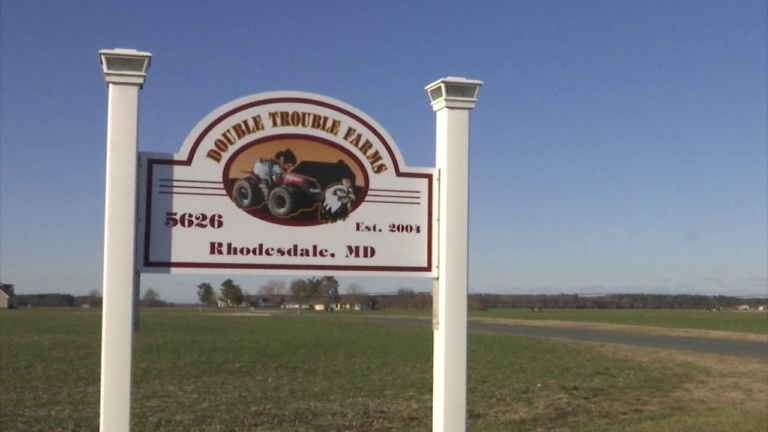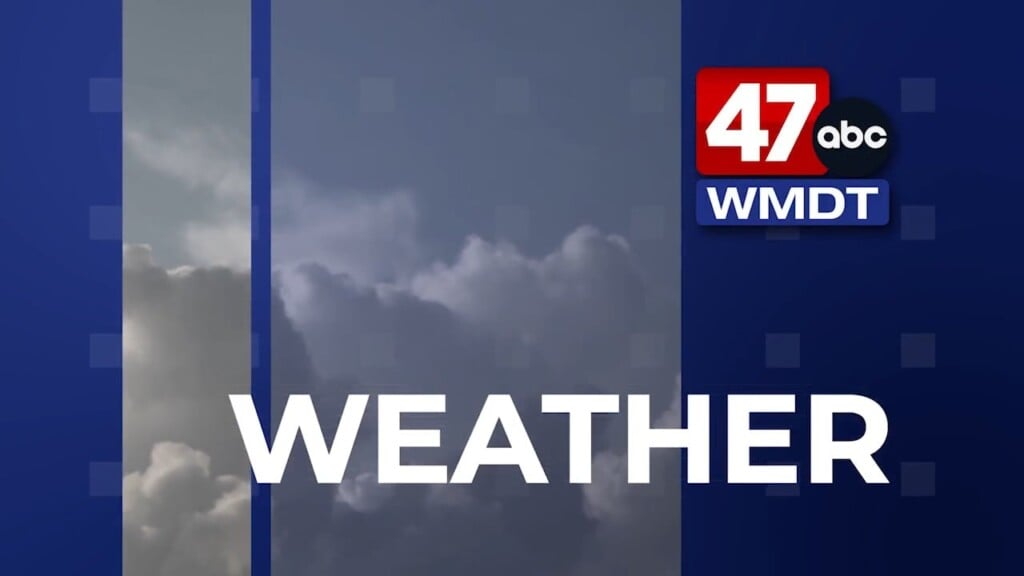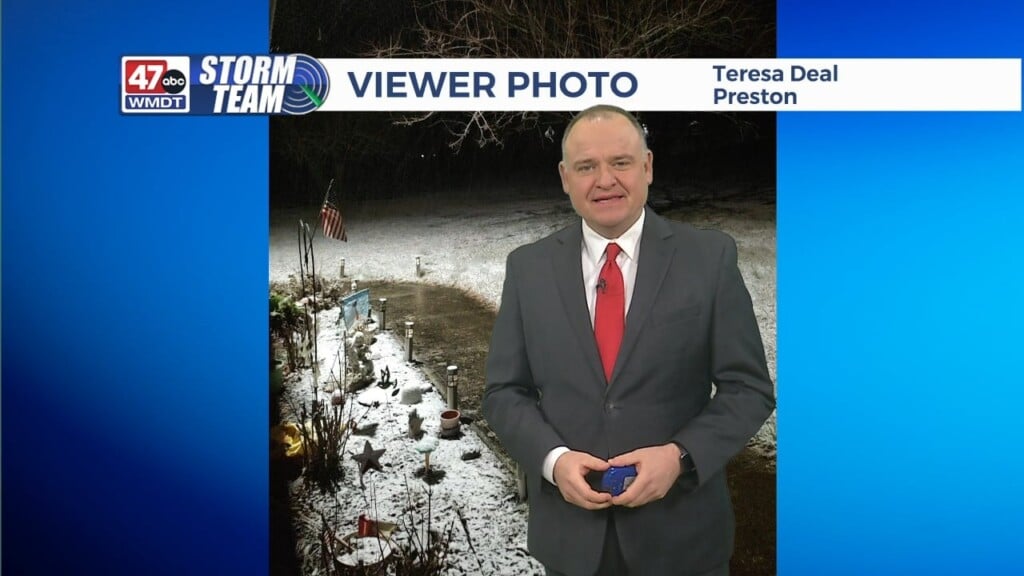Gov. Hogan visits local poultry farm turning manure into energy

The governor of Maryland toured the Eastern Shore today and one of his stops was to a farm in Dorchester County with a ground breaking new program, converting animal waste into energy.
Governor Larry Hogan, along with several other state and industry leaders, got a good look at Double Trouble Farms.
The Maryland Department of Agriculture's Animal Waste Technology Fund awarded a nearly $1 million grant to the farm's owner to partner with Biomass Heating Solutions Incorporated on the waste-to-energy project.
Although its still in its early stages, Governor Hogan is excited for its potential saying, "This is another new tool that can possibly be utilized to make energy out of poultry litter and it has the potential to really be a big benefit to the Chesapeake Bay and to the poultry industry on the Eastern Shore."
Double Trouble Farm in Rhodesdale, Maryland has 14 chicken houses on its 112 acres.
That's a lot of chicken and a lot of chicken poop.
But now, thanks to a million dollars from the state of Maryland, they'll be furthering a project never before tried on a farm in the U.S.
They're converting poultry manure into energy with technology designed by Irish based company, Biomass Heating Solutions, Incorporated.
BHSL engineer, James O'Sullivan explains, "What this machine does in our building is it takes between eight to ten tons of manure and it extracts the energy out of it to heat up water. That water is sent to the chicken house to heat the chickens and that water is also used to generate electricity."
Farm owner Bob Murphy tells 47 ABC he decided he had to do something about his poultry manure about four years ago because of the state's increasing regulations to decrease pollution and contaminated runoff.
Murphy says he started talking to Biomass because of how the company was using their technology to use manure to heat chicken houses.
Their discussions turned to doing more than just creating heat, but also creating electricity and Biomass apparently figured it out.
For the past three years, they've been working out the glitches in this nearly $3 million pilot project.
"This next flock we're going to be doing two houses [on it] and two houses without it so we will really be able to match it up and see," says Murphy.
Although the program is in it's early phases, Murphy tells 47 ABC he's already seeing a big difference in not just the lowered pollution, but in the birds too.
The tour of Murphy's farm didn't go inside any of the chicken houses, but he assured state and industry leaders that there were improvements.
"What it's doing is reducing the ammonia, it's bringing the humidity down in the houses. The birds are a lot happier, so its really great."
Murphy admits not everyone has been on board with these new ideas, namely other poultry farmers and Mountaire, which he farms for, but he's hoping the results will convince everyone this new technology is in the future of the industry.
"It's going to be a big help to the farmers because at some point in time we're not going to be able to use manure and then what're we going to do with it, so this is the ticket to that," explains Murphy.
Folks with Biomass Heating Solutions Incorporated admit manufacturing the technology overseas in Ireland and then shipping and building it in the U.S. was an arduous process.
So they're hoping if the program is a success they can manufacture the machines in the U.S.

